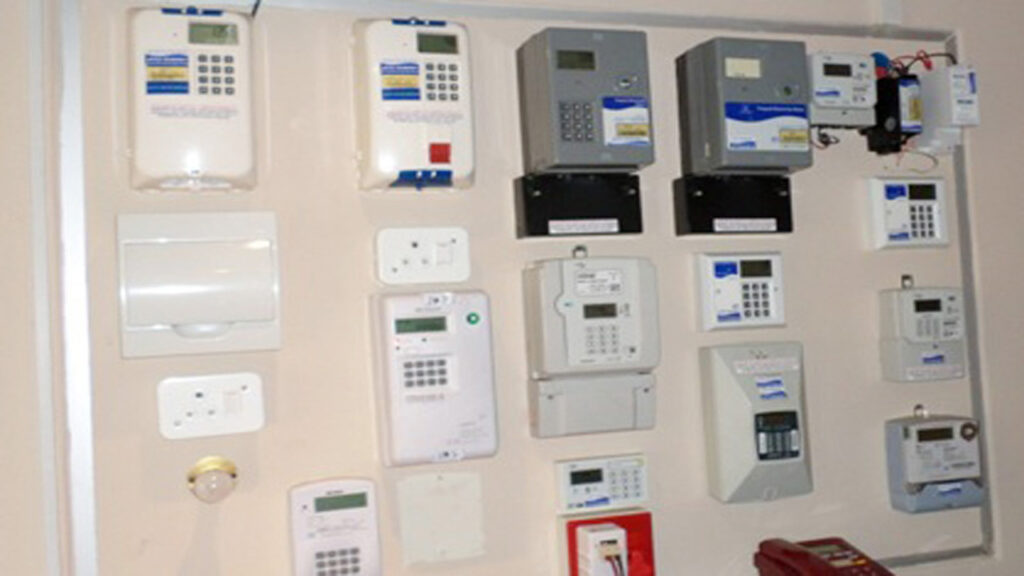Nigerian electricity authorities have struck out 1.9 million customers from the national power database within just three months over inactivity, further deepening concerns about transparency and service delivery in the sector.
A review of second-quarter data released by the Nigerian Electricity Regulatory Commission (NERC) showed that as of March 2025, electricity customers stood at 13.7 million.
However, the figure dropped sharply to 11.8 million by June, following a nationwide “rebasing exercise” that delisted inactive accounts.
According to NERC, inactive customers are those who have neither been billed nor purchased electricity for at least one year. The Commission said the move was part of its effort to clean up its database and reflect only active consumers.
Despite the delisting, the report highlighted persistent structural challenges. As of June 2025, about 5.4 million customers—nearly half of the total—remained unmetered.
The continued reliance on estimated billing has triggered widespread anger among Nigerians already battling the rising cost of electricity.
Meanwhile, power generation also fell during the same quarter. The NERC report revealed that average hourly generation dropped by 269.53 megawatt-hours per hour (MWh/h)—a 5.65 per cent decline from the first quarter of the year. Total electricity generated fell by 474.15 gigawatt-hours (GWh), compared to Q1 2025.
The regulator attributed the decline to reduced energy offtake by electricity distribution companies (DisCos) and other grid-connected customers.
This downturn comes despite huge investments in the energy sector. In May 2024, the World Bank approved a $500 million loan to strengthen Nigeria’s power infrastructure. Yet, consumers and industry experts say the sector remains riddled with inefficiency, poor accountability, and inadequate supply.
“The system is failing both consumers and investors. Delisting 1.9 million customers does not address the core problem, which is unreliable supply and lack of transparency in billing,” an energy analyst said .
Nigeria has long struggled to stabilise its power sector despite reforms, with millions of households and businesses forced to rely on generators and alternative sources of energy.
Do you want to share a story with us? Do you want to advertise with us? Do you need publicity for a product, service, or event? Contact us on WhatsApp +2348183319097 Email: platformtimes@gmail.com
We are committed to impactful investigative journalism for human interest and social justice. Your donation will help us tell more stories. Kindly donate any amount HERE




